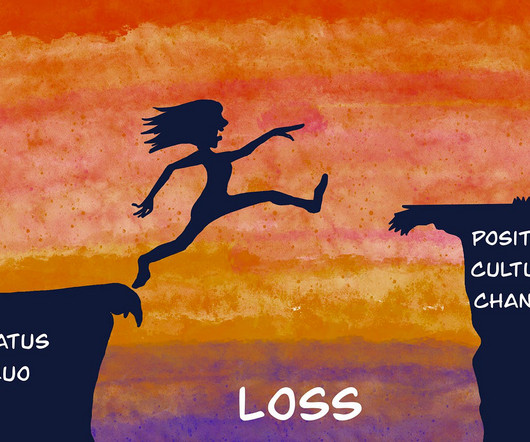Sometimes Doing the Right Thing Involves Risk
Harmonious Workplaces
JANUARY 11, 2024
My affinity for working with business owners and executives stands as one of the main reasons why I chose to study Industrial-Organizational Psychology at Purdue and to make consulting, organizational development, and change management hallmarks of my career. I feel a kindred connection with those who own or operate organizations.













Let's personalize your content